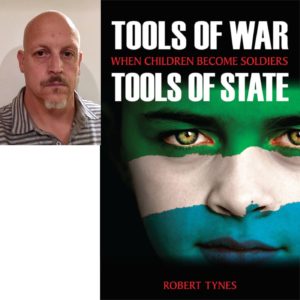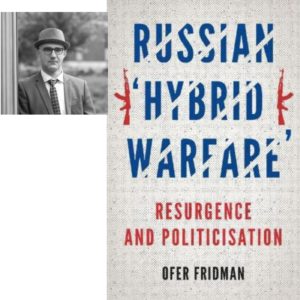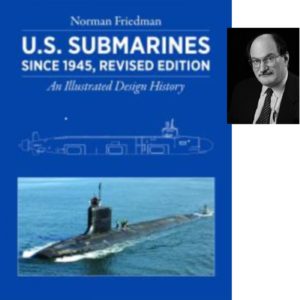Podcast: Play in new window | Download
Subscribe: RSS
 Robert Tynes is a former journalist and an academic who has studied African politics and the use of child soldiers by various groups. I spoke to him about his new book on the subject.
Robert Tynes is a former journalist and an academic who has studied African politics and the use of child soldiers by various groups. I spoke to him about his new book on the subject.
1:20 – Robert Tynes talks about how he got into the study of child soldiers. He lived in Kenya for a few months and became interested in African politics.
4:21 – Robert talks about what is considered a child and what is considered a soldier for this study.
10:00 – Robert talks about the book and what it discusses.
13:02 – Robert talks about Mao’s ideas of protracted war and how it connects to child soldiers.
14:30 – He mentions the Hitler Youth groups and how that connects to protracted war.
19:40 – Robert talks about how ISIS, Al-Shabab, and Boko Haram use child soldiers.
28:46 – Robert talks about how he collected his data for the research.
39:20 – Robert talks about Libyan training camps for children.
49:00 – We talk about science fiction looks at how children are used in war.
For more “Military History Inside Out” please follow me on Facebook at warscholar, on twitter at Warscholar, on youtube at warscholar1945 and on Instagram @crisalvarezswarscholar
Guests: Robert Tynes
Host: Cris Alvarez
Tags: military, history, military history, conflict, war, interview, non-fiction book, Africa, Lords resistance Army, RUF, ISIS, Al-Shabab, Boko Harum, children, Hitler Youth, Mao, tactics

 Ofer Fridman is an academic who has studied Russian military thinking for many years. We discussed his latest book on the concept of Russian Hybrid Warfare.
Ofer Fridman is an academic who has studied Russian military thinking for many years. We discussed his latest book on the concept of Russian Hybrid Warfare.